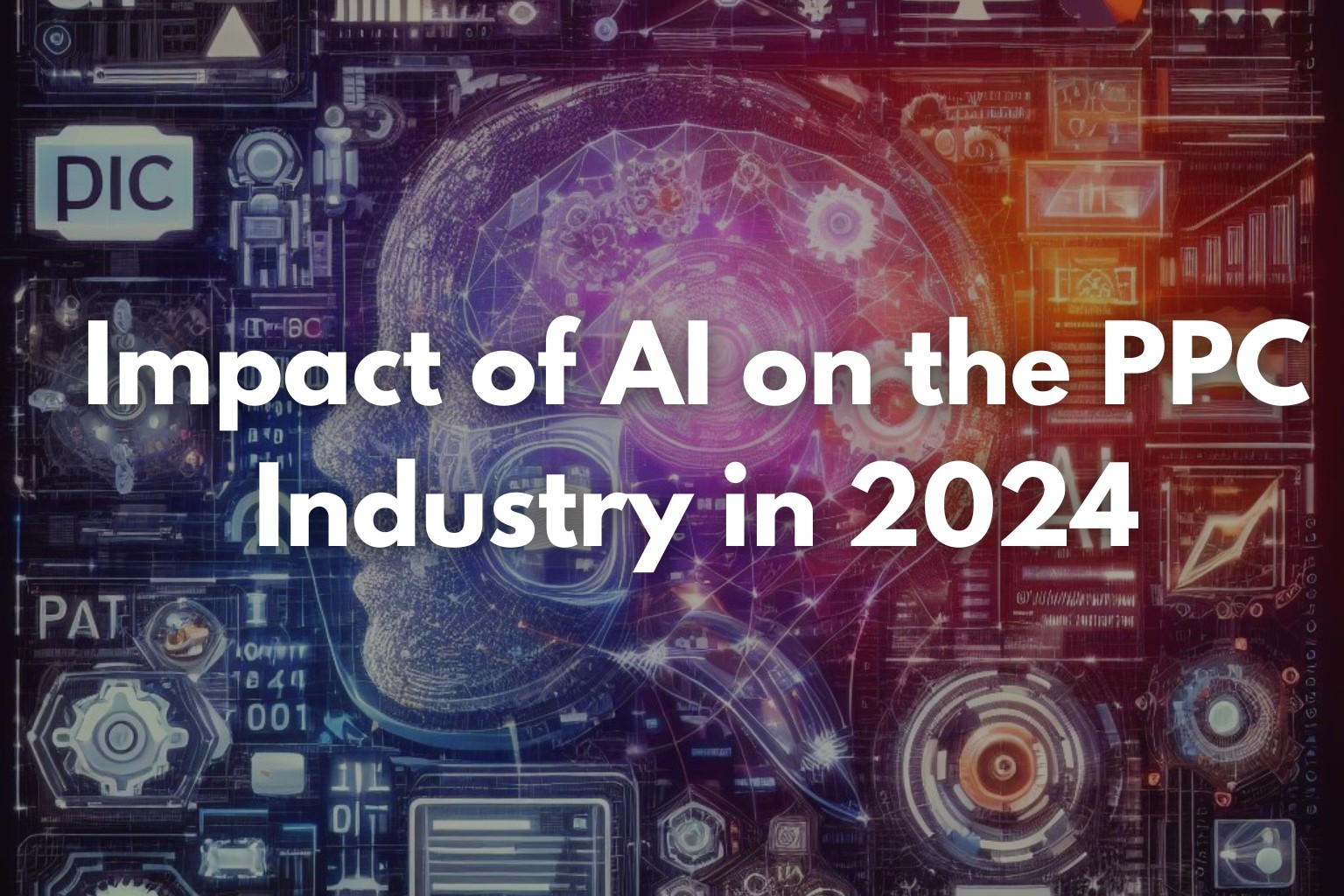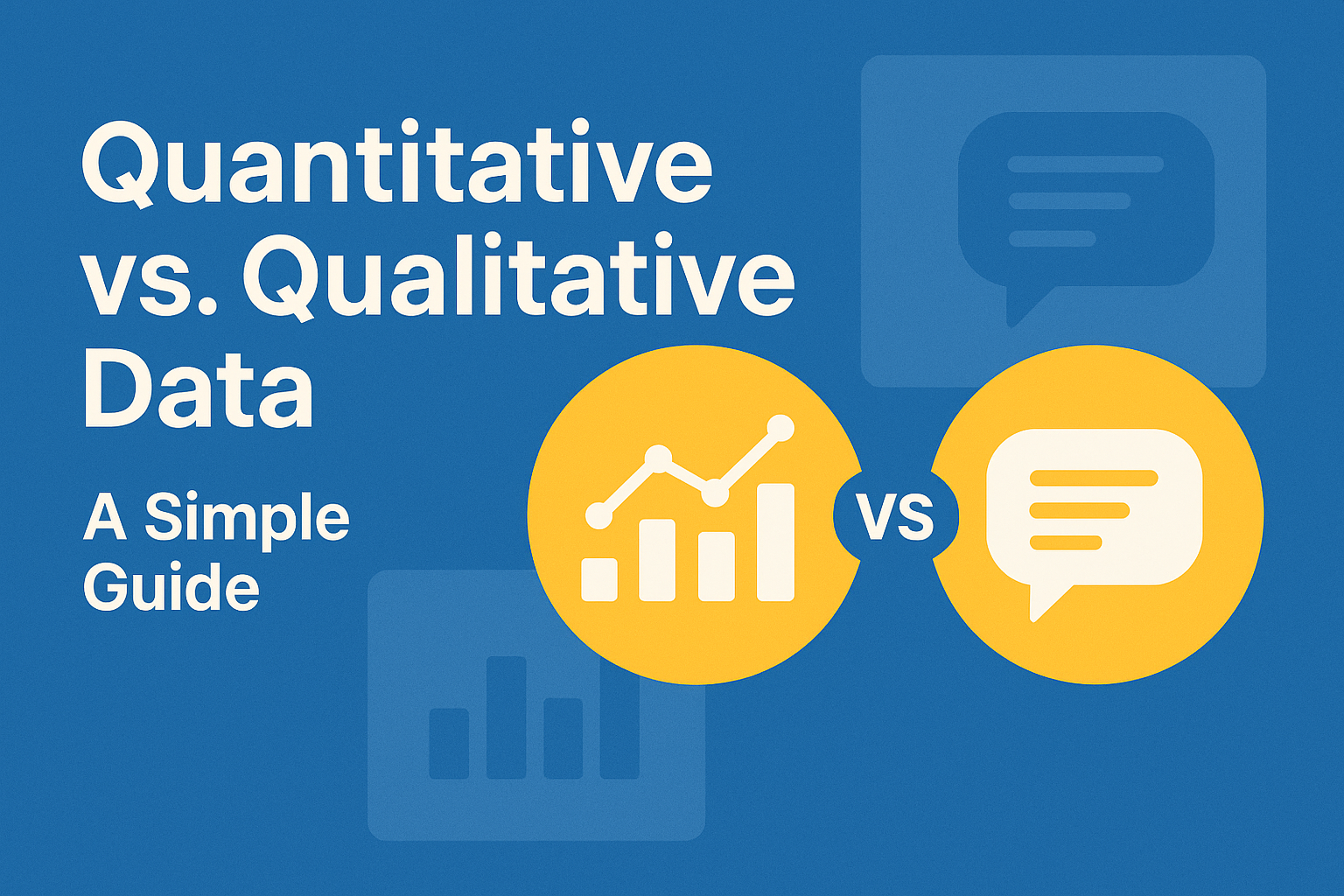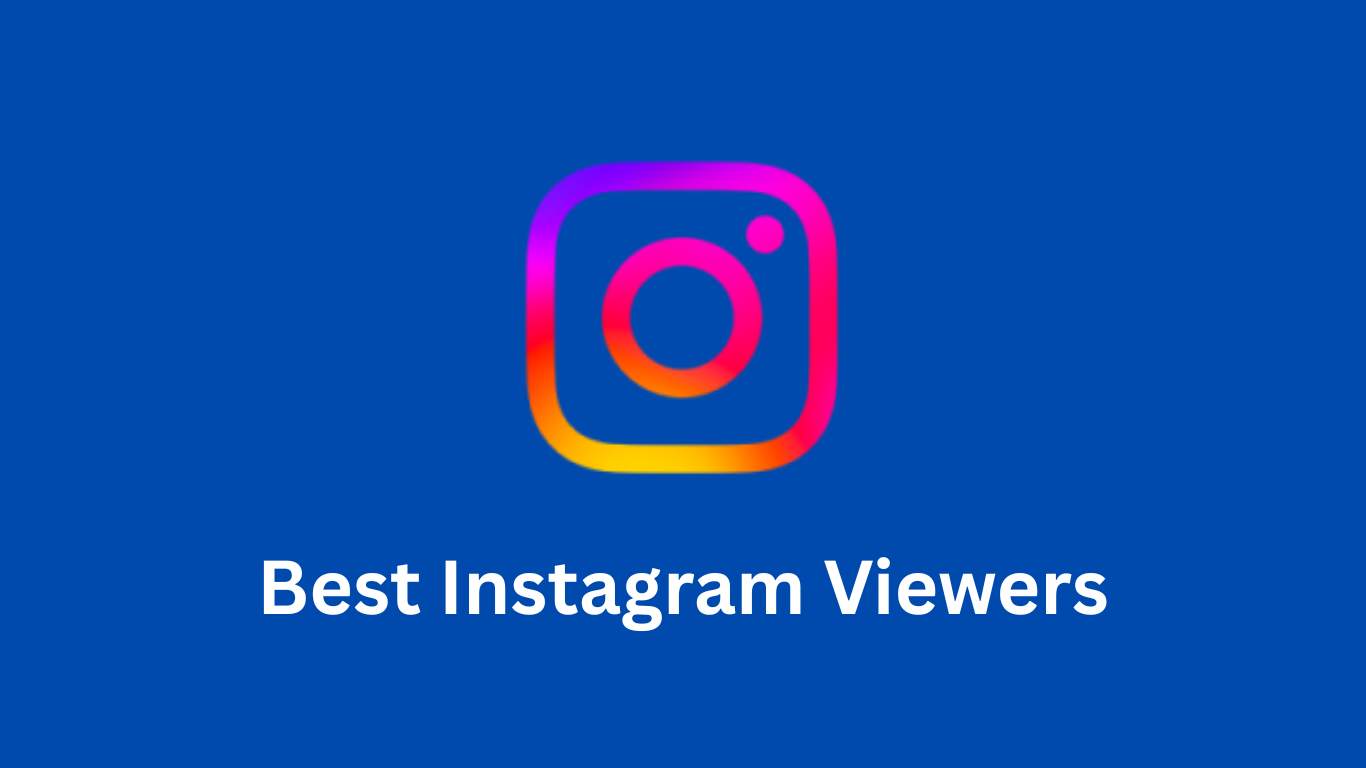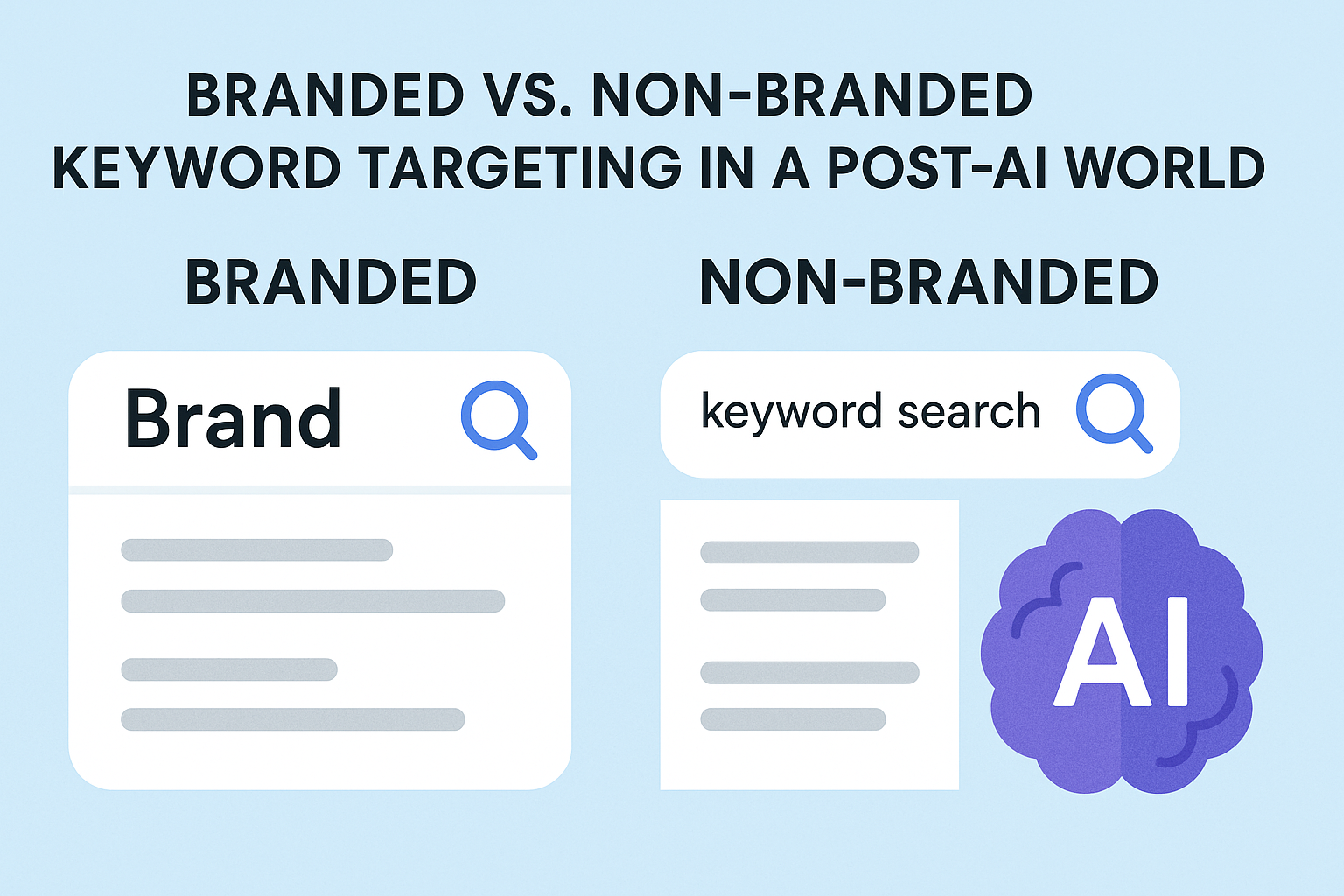The digital marketing arena is continuously evolving, and at its forefront is the integration of Artificial Intelligence (AI) into Pay-Per-Click (PPC) advertising. As we edge closer to 2024, AI is not just a buzzword but a fundamental component that’s redefining how marketers approach PPC campaigns, making the need for a professional paid advertising service more crucial than ever. Let’s delve into how AI is setting the stage for a revolution in the PPC industry, empowering businesses and marketers to achieve unprecedented efficiency and results.
Introduction to AI in PPC
Understanding AI in the Context of PPC
Artificial Intelligence refers to machines or algorithms designed to think and act like humans. In PPC, AI works tirelessly behind the scenes, analyzing data, predicting trends, automating bid adjustments, and personalizing ads to enhance user engagement. For marketers, this means smarter campaigns, better targeting, and improved ROI.
The Evolution of AI in PPC
Tracing back to the initial days of online advertising, AI in PPC was a nascent concept, barely scratching the surface of what’s possible. Fast forward to 2024, and we see AI as an indispensable ally. From simple automated bidding, we’ve transitioned to AI systems that can write ad copy, predict the performance of ads, and even target ads based on predictive behavior, all in real time.
In the past, Google Ads introduced machine learning into their platform, setting the stage for a drastic shift in how campaigns are managed. Over the years, these capabilities have only grown more sophisticated.
Today, AI algorithms can process historical data to forecast future trends, enabling PPC campaigns to be more responsive and targeted than ever before.
Marketers have witnessed the shift from manual campaign adjustments to automated strategies that save time and reduce human error. AI’s involvement in PPC has progressed from a helpful tool to a core component of any successful digital marketing strategy.
AI-Driven Optimization and Decision-Making in PPC
Artificial Intelligence is not just automating tasks; it’s transforming decision-making processes in PPC campaigns. With AI-powered analytics, marketers can now dissect vast amounts of data to uncover insights that were previously inaccessible. This AI-driven optimization is making campaigns more efficient by identifying the best-performing ads and reallocating budgets in real time.
While AI is optimizing PPC campaigns in remarkable ways, marketers must continue to oversee the process and provide guidance. Though capable of processing immense data, AI currently lacks the emotional intelligence and creative thinking of humans. Marketers should view AI as an empowering tool that allows them to focus their efforts on high-level strategy, creative direction, and building meaningful consumer connections. With humans and AI working symbiotically, PPC can reach new heights of innovation and success.
Realizing the Power of Machine Learning in Ad Targeting
Machine learning, a subset of AI, has become a game-changer in targeting accuracy. By analyzing patterns in web activity, purchase habits, and device usage, AI can predict which users are most likely to generate conversions. This precision targeting ensures that PPC budgets are invested in reaching the right audience at the right time, significantly increasing the chances of achieving the desired ROI.
While machine learning has greatly improved ad targeting, there are still limitations in its ability to interpret emotional and contextual nuances in human behavior. Marketers should be mindful that machine learning algorithms, while powerful, still lack the empathy and holistic understanding that comes naturally to humans.
The most effective approach is combining machine learning with human oversight and intervention, ensuring targeting is not solely machine-driven but also guided by human perspective. With the right balance, machine learning can be harnessed to its full potential while addressing its shortcomings through human collaboration.
Harnessing the Potential of AI for Creative Tasks
One might think that creative tasks such as writing ad copy or designing ad visuals remain solely in the human domain. However, AI is proving its mettle here as well. With AI-powered tools, marketers can now generate multiple versions of ad copy and test them to determine which resonates best with their target audience. This not only enhances the performance of PPC campaigns but also frees up human creativity to focus on more strategic tasks.
However, while AI shows promise for creative PPC tasks, it is important to apply human oversight. Machine-generated ad copy may resonate with target audiences but could lack the nuance and empathy that connect on a deeper level. The role of AI should be to augment human creativity through testing and data analysis while marketers provide strategic direction and ensure messaging aligns with brand values. With the right collaboration, AI tools can enhance creative output without compromising the human touch that builds brand affinity.
Enhancing User Experience with AI-Powered Chatbots
In the quest to improve user experience, AI-powered chatbots are providing high-quality assistance by interacting with users in real time. These chatbots can answer queries, assist in the shopping process, or provide personalized recommendations, thereby increasing engagement and potential conversions from PPC ads.
Chatbots still have limitations in understanding complex queries or handling emotional conversations. Human agents are needed to manage difficult issues and build rapport. The key is finding the right balance where chatbots handle routine inquiries while human agents focus on relationship-building. With the combined strengths of automation and human empathy, PPC advertisers can drive better user engagement.
Predictive Analytics: A Crystal Ball for PPC Marketers
The integration of predictive analytics into PPC management tools is like providing marketers with a crystal ball. By leveraging historical data and machine learning algorithms, AI can forecast campaign outcomes, helping marketers to refine their strategies proactively for better results.
Predictive analytics is only as good as the data it analyzes. Marketers must ensure high data quality and sufficient historical performance to make accurate forecasts. There remain nuances in consumer behavior and market forces that are difficult to anticipate purely through data analysis. While a valuable tool, predictive analytics should empower, not replace, human intuition and oversight in strategic planning.
AI’s Role in Budget Efficiency and ROI Maximization
Efficient budget allocation is critical in PPC, and AI’s predictive capabilities are making this easier than ever. By forecasting campaign performance, AI enables advertisers to optimize their PPC bids and budgets. This ensures that every dollar spent is an investment towards achieving higher returns, whether it’s through targeting adjustments, bid optimization, or timing of ads.
While AI has made great strides in optimizing budgets, human oversight remains essential. There are nuances in consumer psychology and market forces that algorithms may fail to account for. Marketers should leverage predictive analytics to guide budget allocation but not become over-reliant. With humans and AI working in tandem, PPC budgets can be optimized for maximum ROI while considering both data-driven and intuitive perspectives. The key is striking the right balance between automation and human creativity.
The Future Prospects of AI in PPC
As we look ahead, the prospects of AI in the realm of PPC are boundless. The technology is set to become even more intuitive, learning from its successes and mistakes and continually refining the way PPC campaigns are executed. Artificial intelligence is also expected to play an increasingly important role in analyzing campaign performance data.
By 2024, AI will have the capability to process massive amounts of data in real-time and identify patterns and insights that human analysts may miss. This will enable PPC marketers to constantly optimize and improve their campaigns based on a deeper understanding of what is truly driving results.
The analysis provided by AI will become an invaluable asset for making data-driven decisions about budget allocation, ad targeting, bidding strategies, and more. With AI handling complex data-crunching tasks, human analysts will be freed up to focus on higher-level strategy and planning. Overall, the future of PPC will be shaped by artificial intelligence’s unparalleled ability to unlock deeper performance insights from campaign data.
AI’s Expanding Role in Strategy Development
AI’s ability to analyze vast datasets extends beyond operational efficiency; it is also shaping strategic decision-making. In 2024, AI is expected to play a pivotal role in developing comprehensive PPC strategies by simulating different scenarios and predicting their outcomes. This allows marketers to craft campaigns that are not only reactive to the current market conditions but also proactive to future possibilities.
The Advancement of Personalized Advertising
Personalization is the cornerstone of effective PPC, and AI is pushing the envelope here as well. By 2024, AI-powered solutions are predicted to tailor ads at an individual level, taking into account the nuances of consumer behavior, search queries, and even emotional responses. This level of personalization will transform ads from mere marketing messages to valuable content that users want to engage with.
Conclusion
In conclusion, AI will transform PPC by 2024 through unprecedented automation, predictive analytics, and personalization. However, human oversight remains vital. The key is balance, with AI optimizing campaigns while marketers provide strategy and creative direction. Together, humans and AI will innovate PPC to new heights by 2024. AI empowers but doesn’t replace the human touch in PPC.

The Search Engine Cage team is on a mission to educate entrepreneurs. We make things easier for the small business owner, by writing articles that help them to understand SEO and Digital Marketing.







